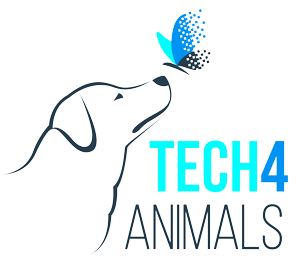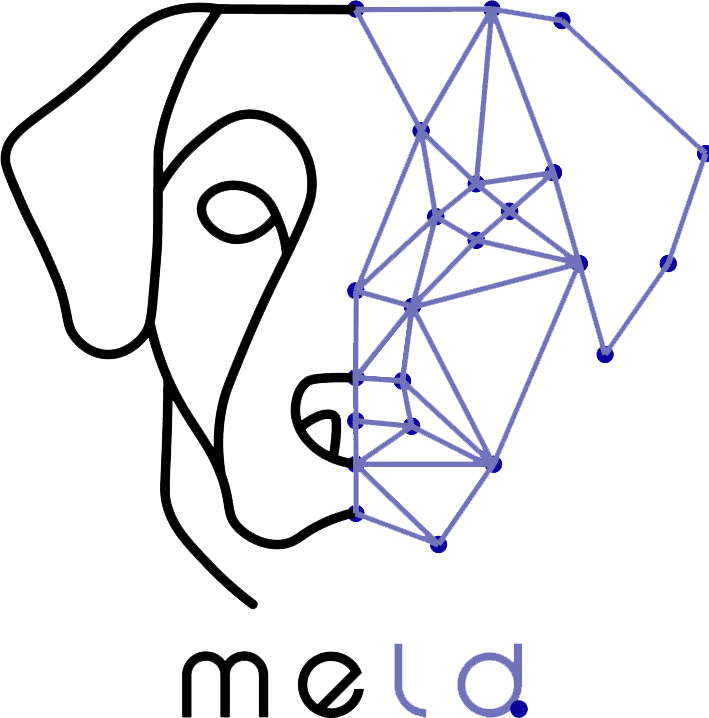This paper presents the development and evaluation of an automated computer system, BlyzerDS, which utilizes convolutional neural networks (CNNs) to monitor and analyze dogs’ sleep patterns, aiming to mitigate the time-consuming and error-prone nature of traditional direct behavioral observations in animal welfare research. The system was developed and trained using 13,688 videos of mixed-breed adult dogs recorded over 130 nights. For evaluation, the system’s performance was compared to direct human observations using 6000 previously unseen frames, successfully classifying 5430 of them. Key findings revealed that the automated system achieved an 89% similarity score to manual observations in detecting and quantifying sleep duration and fragmentation. Although no significant difference was found in the percentage of time dogs spent asleep compared to human observers, the automated system recorded more total sleep time, highlighting its capacity to capture more extensive data and address potential limitations like human observer fatigue. The study concludes that this CNN-based system is a reliable and valuable tool that can potentially enhance animal behavior and welfare research by optimizing data collection, increasing precision, and improving replicability, with future potential for adapting to other behaviors and species
Non-Invasive Computer Vision-Based Fruit Fly Larvae Differentiation: Ceratitis capitata and Bactrocera zonata
This paper proposes a novel, non-invasive method using computer vision

